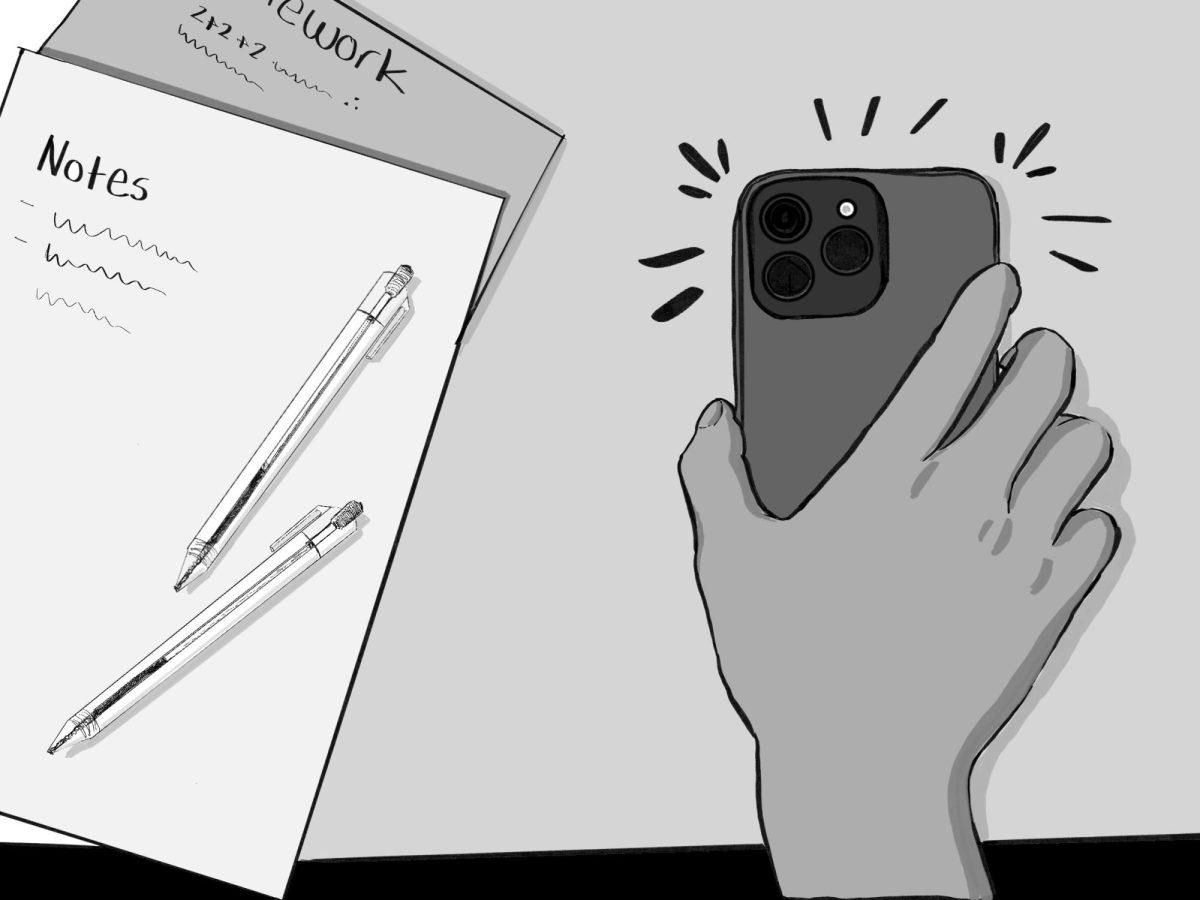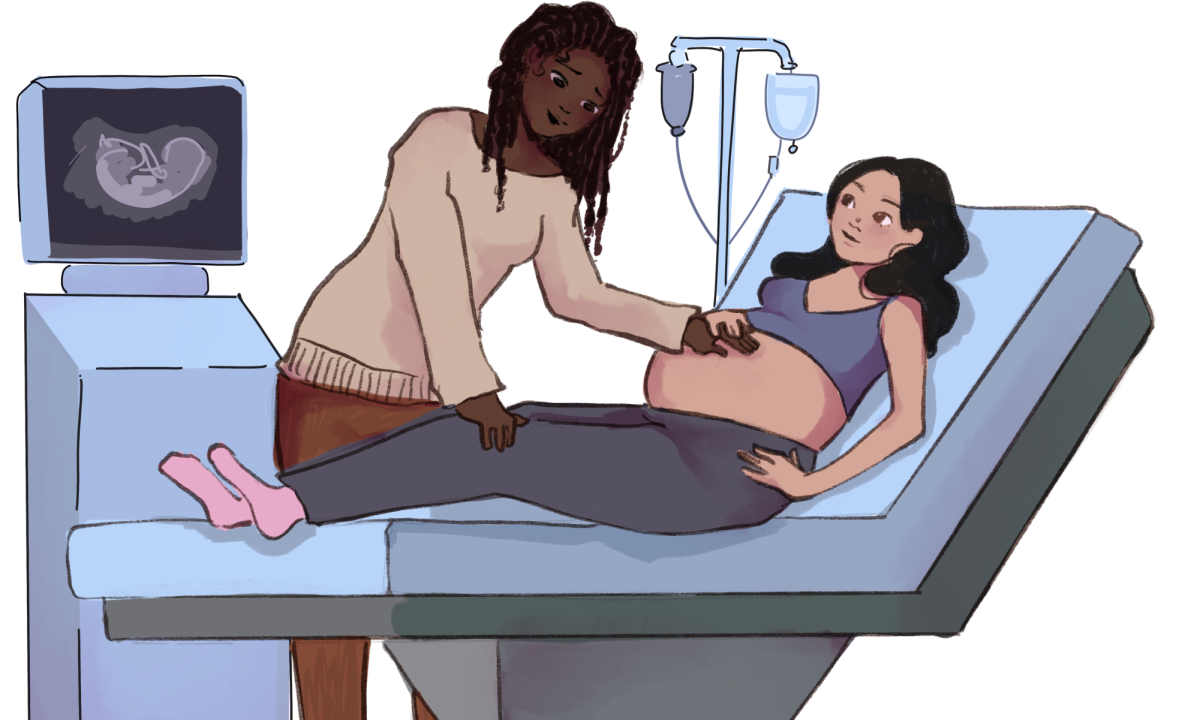Almost immediately, Sleep Weekâs bandage will fall off and students will once again go back to catching zâs in the classroom.
The Athletic Department and the Sports Council should be commended for raising the issue of high school studentsâ lack of sleep with Sleep Week, but the issue also extends outside the realm of the Athletic Department. Extracurricular activities in general cause students to spread themselves too thin.
Doctors say that high school students need nine hours and 15 minutes of sleep on school nights, but a study conducted by the National Sleep Foundation reports that only 15 percent of high school students sleep even eight and a half hours a night. Recent studies have shown that computer and video games have only exacerbated the problem. Lack of sleep can directly result in lower productivity during the day â or, in a high school studentâs lexicon, lower grades.
According to WebMD, 28 percent of students fall asleep in class and 22 percent fall asleep during homework. The schoolâs workload committee has consistently found that the student body is sleep deprived.
The Athletic Department is partly at fault as its effort to ensure that each student-athlete can get his or her nine hours and 15 minutes is weak at best. At the beginning of the school year, the department created study halls for students who would practice in later time slots, but these study halls were not effectively enforced. As a result, many students spent time with their friends during the time between school and practice and left homework until after practice.
It is highly unlikely that student-athletes participating in practices that start at 5 or 6 p.m. will end up going to sleep between 9 and 10 p.m. Players on multiple teams have reported that their coaches have exceeded the teamâs allotted amount of practice time.
Ultimately Sleep Week, which is tentatively scheduled for the week of April 28 and will include school starting 45 minutes later on Friday, May 2, will fail to bring about more sleep for the student body.Â
In order for the sleep deprivation to stop, not only the Athletic Department will need to rethink its philosophy regarding practice length and practice scheduling. Yet, this is not enough. From administrators to parents to students, the entire school needs to make a concerted effort to limit the time commitments of extracurricular activities.





























